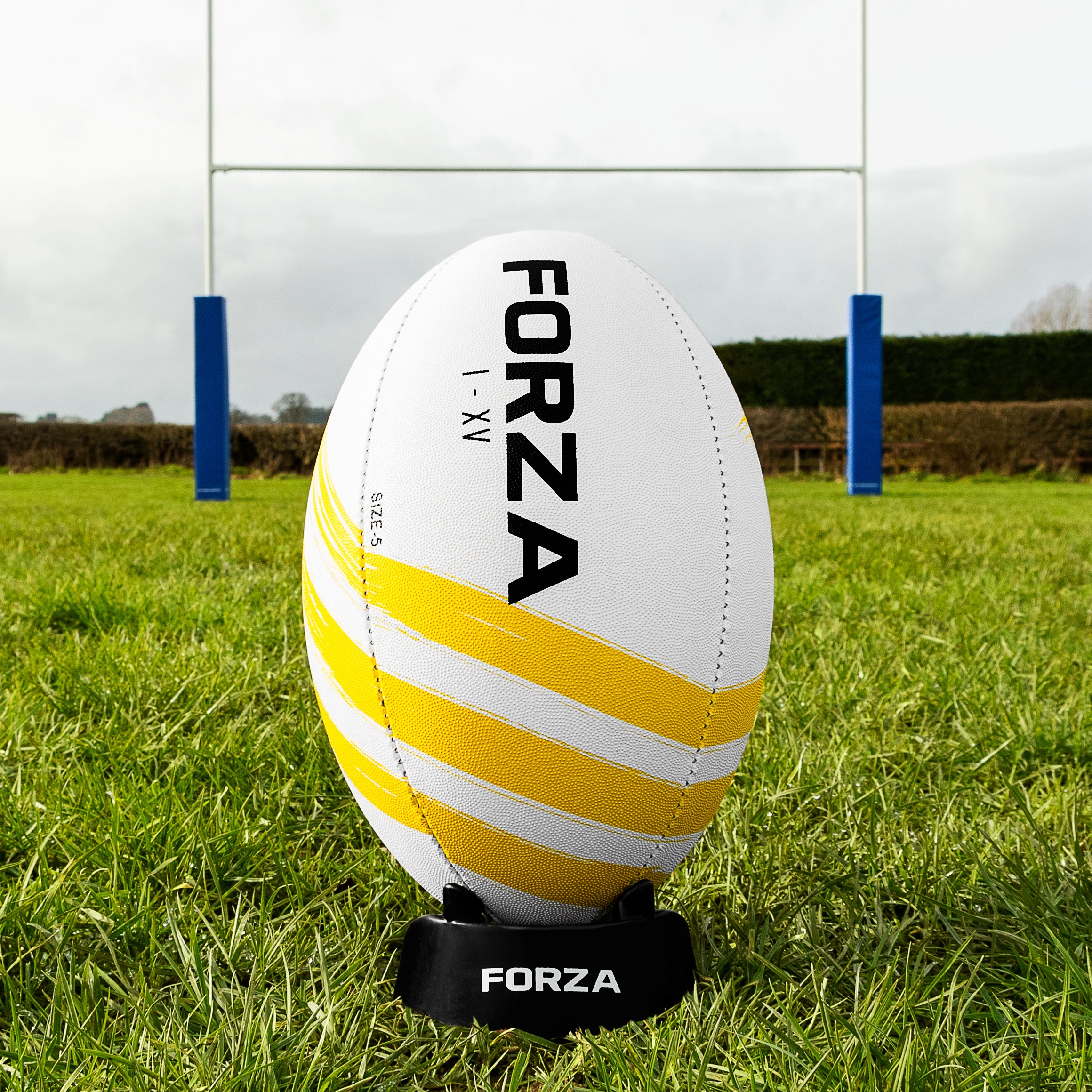With less than two weeks remaining for the much anticipated Schools Under-20 Rugby League, confusion has yet again struck the Sri Lanka Schools Rugby Football Association (SLSRFA), the organizers of the tournament. According to sources it is said that the SLSRFA officials have approached the Sri Lanka Rugby Football Union (SLRFU) hierarchy with plans of shortening the duration of play at school matches. Traditionally, school rugby matches in Sri Lanka was played as 35 minutes per half and a five minutes break until 2009. The SLRFU with intentions of gearing Under-20 players to the international standards introduced the International Rugby Board (IRB) standardised duration which has 40 minutes per half and a 10 minute break. The present timing was introduced to accustom Under-20 players to the Youth Asiad conditions. Since 2009 Division I school rugby games in Sri Lanka adopted the IRB regulations until SLSRFA headed by Kingswood College principal, Ranjith Chandrasekara, approached the rugby governing body of the country.
“We met and discussed on this topic. Later the SLRFU sent us a letter stating their disapproval to shorten the school games. Then the SLRFU wanted a detailed explanation from us after we appealed with reasons. We have sent an official letter on Thursday (5) and are waiting for a response,” Chandrasekara told the Sunday Times.
According to Chandrasekara, who revealed that a study has proved that many players face injuries by playing extra 10 minutes per week. In addition poor ground conditions, the levels of physical fitness, nutrition and academic have been other aspects in their appeal to cut down the playing duration.
“Nearly 2500 schoolboys play rugby during the season. We have observed that after a season about 200 players undergo permanent injuries while closer to 600 players experience partial injuries. Around 500 players experience brief injuries. And from over 2000 players only 30 players make it to the Asiad. These players are the best and playing extra 10 minutes will not be a big challenge for them,” he added.
However rugby experts have different opinions. National Development coach, Sanath Martis, who has ample experience with the Sri Lanka Youth Asiad team as its coach opposed Chandrasekara’s opinion. He said that schoolboys should play according to the IRB regulated timings.
“If anyone has an opinion that playing 80 minutes will give make schoolboys vulnerable for injuries, it’s totally wrong. There may be other reasons such as technical faults, ground conditions, fatigue or overtraining. Players should get used to the IRB playing conditions and they certainly can. If players get injured the team officials should look into it very seriously,” Martis explained.
It is dependably heard that the SLRFU has very less or no interest at all in changing the playing duration of the Division I schools rugby competitions. According to Lasitha Gunaratne, the vice president of SLRFU, the country’s rugby controlling body has the final say in decision making at national level competitions.
“The SLSRFA last year proposed 10 reserve players per match. The SLRFU never objected because it benefits the players, teams and the sport. But these kinds of changes cannot be entertained since it is played at national level, though there are schools connected to it. According to Sri Lanka’s sports law national events should come under direct supervision of the sports governing body of the country. In rugby it is the SLRFU,” Gunaratne said.
He further stated: “The SLRFU is local representative of IRB. We follow IRB rules and whatever the competition when it comes to national or All-Island level international rules apply. We are not interested in Division II or III competitions but the Division I competition from where players come to the Sri Lanka Youth side should adopt international rules. Unless of course experienced pundits or a panel of experts of rugby give us a valid and acceptable reasons the SLRFU will stand by IRB rules.”
The organisers have not yet confirmed the tournament structure and scheduled to the Sri Lanka Rugby Referees’ Society (SLRRS) who officiate the schools rugby season annually. The SLRRS president Nizam Jamaldeen said that they stand by the SLRFU council decision, whatever it may be.
“We are affiliated to SLRFU and we stand by the council decisions taken by them. For the moment the decision is to continue the schools tournament with the 80 minutes duration. If they change the game to 70 minutes we will still agree with it because they are the decision makers and not us. But the SLSRFA has not yet approached us on the forthcoming league tournament,” Jamaldeen stated.
Though Chandrasekara and SLSRFA expect a positive answer, the next SLRFU council meeting is scheduled to take place on April 26 or 27 whereas the Schools Under-20 Rugby League is scheduled to kick off on April 21. Chandrasekara eventually revealed that if they don’t receive a reply by April 21, the SLSRFA will still continue the competition with the present format which is the 40 minutes-per-half game, sanctioned by the IRB.
“We understand that Mr. Asanga Seneviratne is optimistic in decision making. We will wait until the SLRFU responds us after their council meeting. If we are compelled to continue with 80 minute game, it means officials care less about school rugby and its development,” stressed
Sunday Times
By – Ramesh Rushantha Silva


